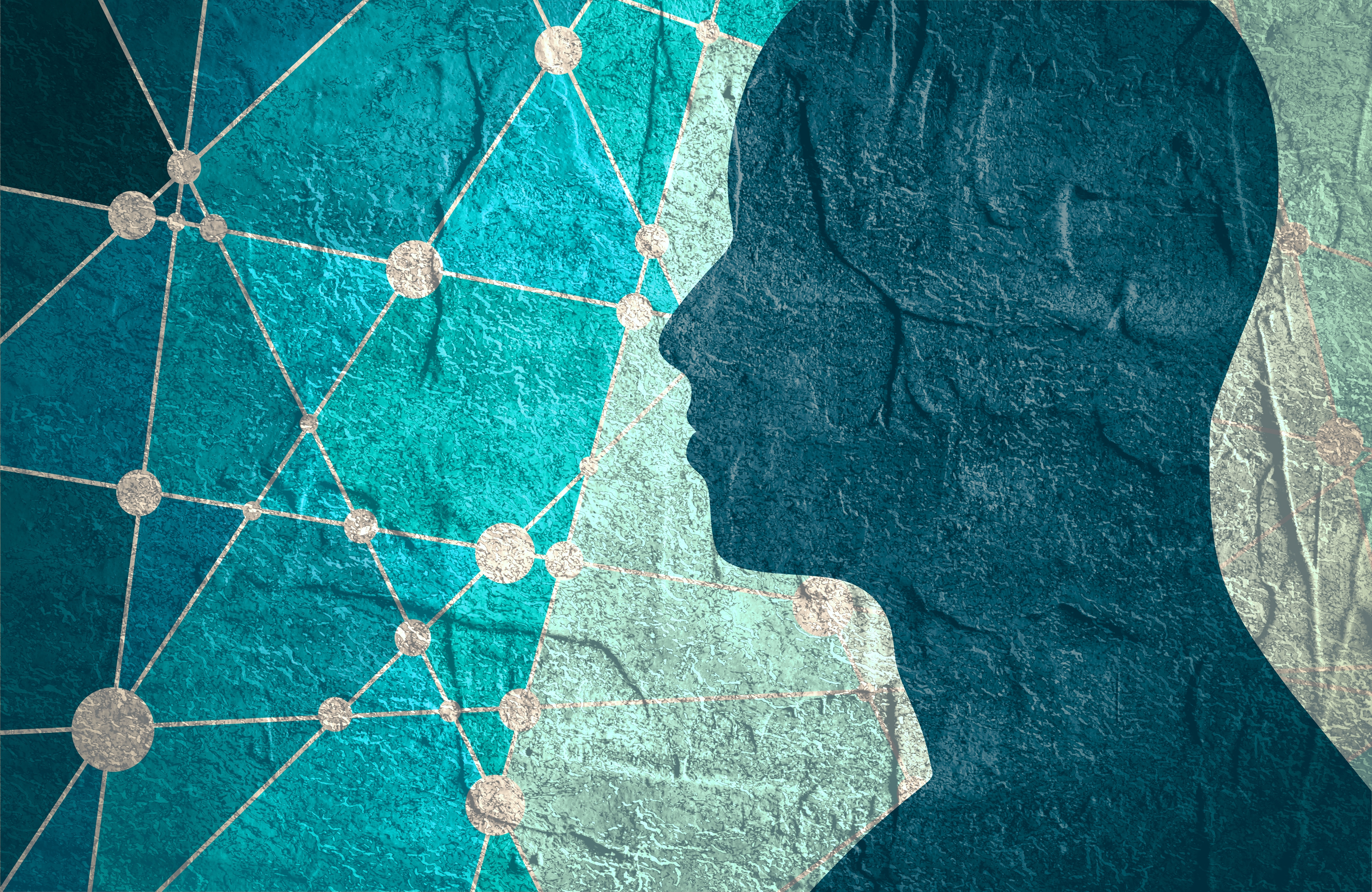We know that men are more likely to keep their problems to themselves, rather than talk to someone if they are feeling down or if something just doesn’t feel right. We also know that this is the time when they should seek out help and support.
“She’ll be right mate” and trying to manage alone at this time can increase the risk of depression or anxiety if these problems go unrecognised and untreated. Seeking support earlier, rather than later, reduces the high risk of suicidal thoughts which often relate back to the symptoms of depression and anxiety.
On average, one in eight men will experience depression and one in five men will experience anxiety at some stage of their lives with an average of six out of eight suicides every day in Australia being men. (Australian Bureau of Statistics (2008). National Survey of Mental Health and Wellbeing: Summary of Results, 2007. Cat. No. 4326.0). Canberra. ABS)
Mental health is different for everyone and can increase or decrease as life experiences change, with symptoms ranging from mild to severe, as different stress triggers occur throughout life.
Effectively managing your mental health significantly improves quality of life, increases the capacity to support family, friends and loved ones and allows you to perform the best you can.
Anxiety and depression can be caused by many things and can be different for everyone. You may be going through a tough time in your life or it could be a build-up of many things over time. Sometimes, it’s hard to understand why you have these feelings at all.
Some of the risk factors for men developing depression and anxiety include:
- Physical health problems
- Relationship problems
- Employment problems
- Social isolation
- Significant change in living arrangements (eg separation or divorce and custody issues)
- Pregnancy and birth of a baby
Look after yourself
It is important for you to look after yourself and keep yourself well maintained, a bit like a car. If the car doesn’t sound like it’s running well, you book it in for a service; the same goes for yourself, if you are not feeling right, reach out to someone or visit your GP.
To help get the best out of our minds and to stay as healthy as possible, it is important to keep active and socially connected within the community as well as getting regular sleep.
Keep Connected
Even if you don’t feel like it, it is important to push yourself to keep in touch with family and friends and keep doing the things you enjoy the most. Going for a slow walk around the block can also make you feel better.
Loneliness is a big factor in depression with men, who generally experience loneliness more than women. Finding time to balance family life and work can be hard for men who can sometimes feel they don’t get enough time to do what they want to do, like catching up with mates. Taking time out for yourself for a quick catch up or a drink with friends is crucial to your wellbeing and helps you to feel connected.
Getting help
It is not a sign of weakness to admit you are doing it tough.
If you are experiencing anxiety or depression, you can’t just ‘snap out of it’ or ‘pull yourself together’. You can’t fix a broken leg without getting help and you are not likely to ‘fix’ mental health issues on your own either.
If you are feeling like something is not right, feeling down or having thoughts of self-harm, talk to family and friends, or visit your GP, make a plan and remember that drugs and alcohol will not fix the problem, but likely to make things worse.






